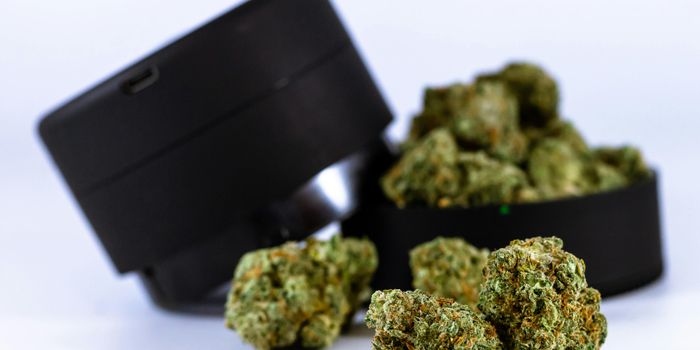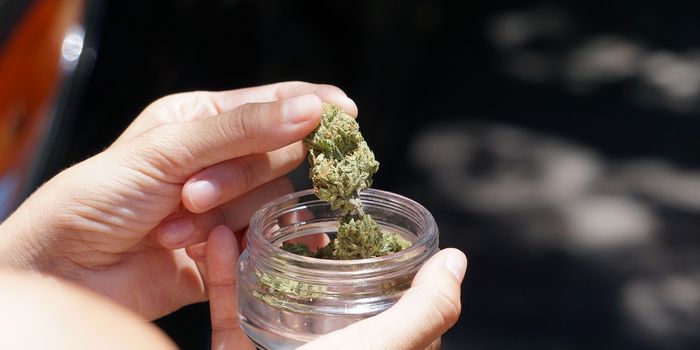Hemp 10 Years from Now
The hemp industry has experienced major growth in recent years, largely due to legalization in many US states. Today, there are states where residents can legally purchase products, not only for medical use but for recreational purposes as well. In the past two years, hemp CBD use has increased significantly and is now one of the largest markets. From personal care to industrial applications, CBD is being used by millions across the country, and this is only expected to increase by 2030.
Changes in Legislation
When the 2018 Farming Bill was passed, a new era of hemp farming began. Today, there are just three US states that do not legalize farming, and these are South Dakota, Idaho, and Mississippi. All other states allow growing for research, commercial, or pilot programs. As for personal use, it is legal for people to buy and use marijuana in 11 states, and medical use has been legalized in 33 states.
In the coming years, more states will legalize the recreational and medical use of hemp products, and you could even see federal legislation coming by 2030. If this happens and the cannabis industry is treated like tobacco and alcohol, there will be a huge movement towards consolidation nationally. This will also lead to the growth of small businesses and local manufacturers as well as major brands and corporations entering the industry.
Industry Trends: Hemp as a BioFuel?
While many people are familiar with effects when ingested or smoked, there are many other uses for this popular plant. In the past two years alone, growers have started to use hemp for many reasons, including making industrial cannabis. In the next 10 years, hemp is expected to be used widely across many markets, with one being the fuel industry.
Stalks and seeds that are grown can be used to create biodiesel fuel. Today, that fuel that is used is made from wastewater, garbage, along with other materials. In five or ten years from now, hemp farming will increase and could possibly open many doors for production and use of fuel sources that are all created using hemp products.
By 2025, the international industry is expected to be worth over $26 billion, and this will continue to rise as new trends emerge. Aside from the possibility of hemp biofuel, hemp oils will commonly be seen in many edibles, from cereals to snacks and even skincare products.
Challenges to Consider
While there will surely be tremendous growth in the hemp industry, there will also be increased challenges that will be faced. Growing hemp is quite labor intensive, and many farmers do not have equipment needed to produce mass quantities. The cost to obtain this equipment may be out of reach for smaller farmers, limiting them from profiting as this industry grows.
Farmers will also face issues with banking, insurance on crops, and access to pesticides that can be safely used on crops. In 2020 alone, there was an increase of 72% in regard to the number of acres used in the US for farming. However, farmers who jumped the gun now are struggling to find places to sell hemp. Luckily, the coming years will open many doors so that this will not be an issue, but currently, it is a struggle that many farmers are facing.
Another problem that needs to be considered is harvesting and drying of hemp in the future. Since this industry will rapidly grow, there will be a need for more products. In 2019, many farmers had major problems drying and storing crops properly. There was significant crop loss due to mold from improper storage. Standardized processes and enhanced options will be required in the coming years to ensure the proper storage and delivery of safe hemp from large farms.
Who is Using Hemp CBD?
Since hemp has been legalized in some US states, there has been a huge spike in the number of users across America. Based on the current stats, more than 40% of CBD users are in the age range of 18-29, followed by 32% aged 30-44. Almost half of the CBD sales conducted are at legal dispensaries. More than 25% of all Americans have tried hemp products for various reasons, and it is expected that the hemp CBD industry will hit a record-breaking $20 million by 2024. This could triple easily in the next 10 years.
A huge majority of American residents have a positive stance on the legalization of hemp, with more than 66% of voting American supporting legislation. Since being legalized in individual states, there has been an increase of 140% of people using cannabis for the first time, and over in 10 years, it is expected that this number will drastically spike as more options become available for legal purchase and use. With support and education, even more voters will have a positive outlook, which may lead to federal legislation being passed.
Looking Forward
By 2030, the hemp industry will have undergone major changes, from new legislation to new trends and strains. With greater public acceptance and large brands emerging, this industry will be one of the largest and most lucrative worldwide and will be a great source of revenue for US farmers and companies. Not only will it be legal to produce, sell, and use the products, but there will also be stock options for investment, new job opportunities, and enhanced research for medical use.









